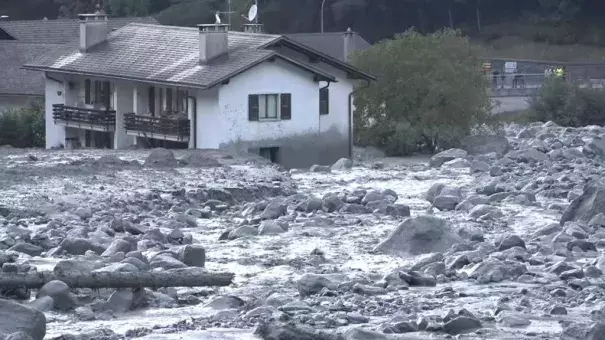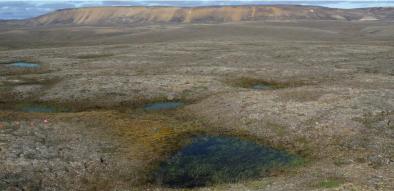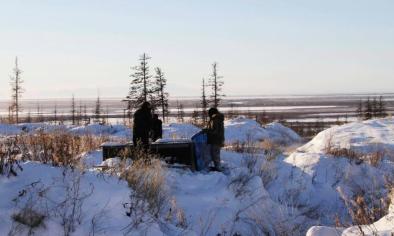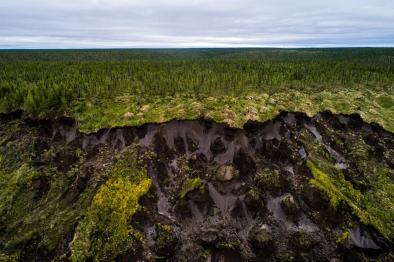Switzerland landslide: Are the Alps melting?

A massive rockslide in Switzerland's Val Bondasca was not a complete surprise. Many parts of Switzerland, two thirds of which is mountainous, are at risk of avalanches and landslides.
Communities in the Alps have been protecting themselves against such natural hazards for years.
...
But the size of Wednesday's slide was a shock, and some scientists are now warning that the alpine regions can expect more events like this in the future.
Permafrost thaw
The reason is that the high mountains are not as cold as they once were. Marcia Phillips, a permafrost researcher with Switzerland's Federal Institute for Snow and Avalanche Research, has been analysing temperatures all over the Alps.
"We have bore holes at different depths in different terrain and the ones that are in rock walls are showing a distinct warming over the last 10 to 20 years," she explained.
That would not be a problem if the rock was simply rock, but the rock in large sections of the Swiss Alps is cracked and fractured - between the layers of rock there are layers of permafrost. Ice in fact, but ice that is not supposed to melt.
"We have a problem if the temperature rises above -1.5C because the permafrost has a stabilising function," Ms Phillips said.
Compounding the weakening permafrost is another phenomenon associated with global warming - Switzerland's glaciers are noticeably retreating.
The glacier at the base of Piz Cenaglo provided additional stability to the rock above it, but that glacier has shrunk in recent years.
Related Content





